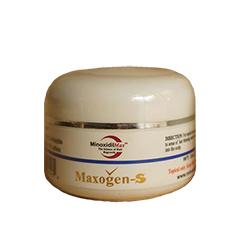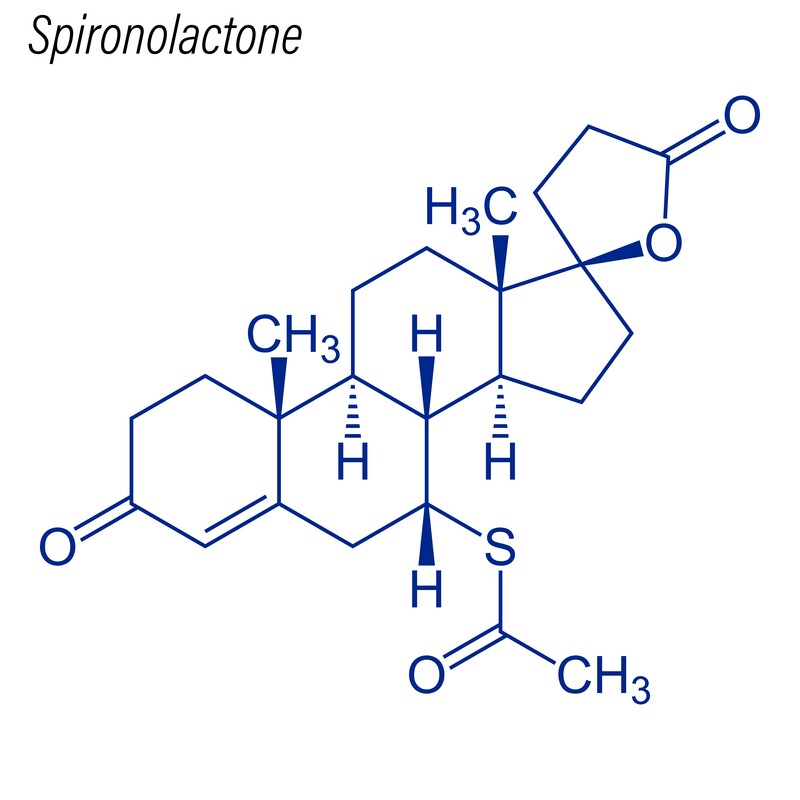Hair loss, medically termed as alopecia, can occur for a variety of reasons, such as aging, hormonal imbalances, stress, genetic predisposition, or underlying medical conditions. It can affect both men and women, causing distress and impacting self-esteem. As science continues to advance, various treatment strategies have been developed and explored to combat this pervasive issue. One such treatment is Spironolactone, a medication typically used as a diuretic and in managing conditions like heart failure and hypertension. This article focuses on exploring the effect of Spironolactone on hair loss and its potential therapeutic applications.

What is Spironolactone?
Spironolactone, also known as Aldactone, is a medication that falls under the category of potassium-sparing diuretics or “water pills”. This medication is often prescribed to reduce fluid buildup in patients with heart failure, liver cirrhosis, and kidney disease. It’s also used for the treatment of high blood pressure and hyperaldosteronism.
How does it help with hair loss?
Interestingly, Spironolactone also functions as an anti-androgen. Androgens are hormones that regulate the development and maintenance of male characteristics by binding to androgen receptors. Testosterone, the principal androgen hormone, can be converted into a more potent form known as dihydrotestosterone (DHT) by the enzyme 5-alpha-reductase.
In the context of hair loss, DHT plays a significant role. DHT binds to androgen receptors in hair follicles, leading to a shortening of the hair growth cycle and the progressive miniaturization of hair follicles, especially in individuals genetically predisposed to this sensitivity. This is known as androgenetic alopecia.
Spironolactone can reduce the production of DHT by inhibiting the enzyme 5-alpha-reductase and blocking androgen receptors, thus preventing DHT from binding to these receptors in the hair follicles.
Spironolactone and Hair Loss results
Spironolactone has shown promise in treating hair loss, particularly in women suffering from androgenetic alopecia or female pattern hair loss (FPHL). By acting as an androgen blocker, it can mitigate the harmful effects of DHT on hair follicles, promoting hair growth, and preventing further hair thinning and loss.
In clinical studies, many women treated with Spironolactone have seen a reduction in hair loss and some improvement in hair density. However, it’s important to note that the medication doesn’t work for everyone and can take several months to show results.
Other Therapeutic Uses of Spironolactone.
Next to its positive impact on hairloss, spironolactone also has therapeutic uses in the following area’s.
-
Heart Failure: In patients with heart failure, spironolactone can help reduce fluid overload and symptoms of edema. It also has been shown to reduce mortality in certain heart failure patients.
-
Hypertension: It can be used as an adjunct in treating resistant hypertension.
-
Hyperaldosteronism: Spironolactone is the drug of choice for primary hyperaldosteronism, a condition where there’s an excessive production of aldosterone from the adrenal glands.
-
Polycystic Ovary Syndrome (PCOS): Given its anti-androgenic properties, it can be used to treat symptoms like acne, hair loss, and hirsutism (excessive hair growth) in women with PCOS.
-
Acne: In females who don’t respond to conventional acne treatments, spironolactone can be an effective alternative due to its ability to reduce sebum production.
-
Ascites: In liver disease, such as cirrhosis, spironolactone can be used to manage fluid buildup in the abdominal cavity (ascites).
Potential Side Effects
Like any medication, Spironolactone has potential side effects. Some users may experience breast tenderness or enlargement, irregular periods, fatigue, and increased potassium levels. In rare cases, it can cause a condition known as hyperkalemia, a potentially life-threatening situation with excess potassium in the bloodstream. It is also not recommended for pregnant or breastfeeding women due to its potential feminizing effects on male fetuses.
Moreover, it’s important to note that Spironolactone is not typically used for men’s hair loss due to its anti-androgenic effects. Although it can potentially help slow male pattern baldness, the risk of side effects, including feminizing effects like gynecomastia, makes it a less preferable option for men.
Where to buy Spironolactone?
If you are interested in trying out Spironolactone we advise you to check out this website










